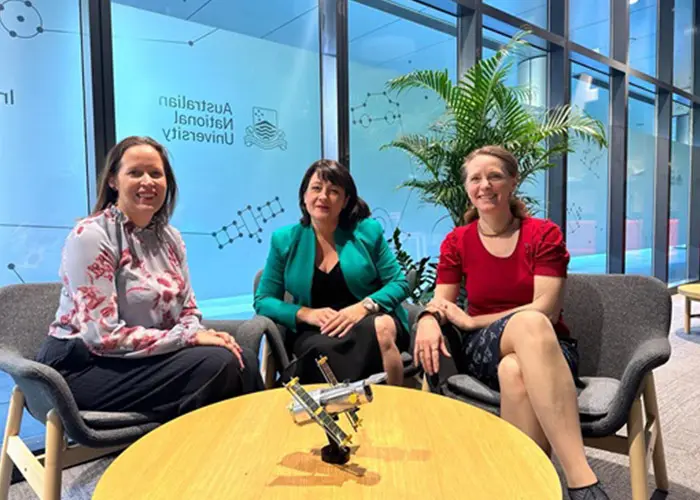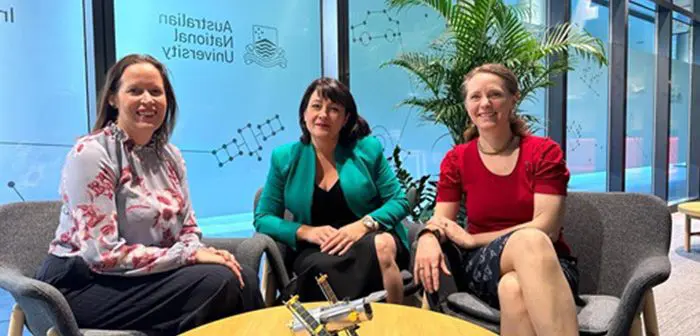
The Australian Space Diversity Alliance (ADSA) has been established by a group of space industry professionals to support greater participation and innovation of diverse and under-represented groups in the space sector.
The eight ASDA co-founders include leaders from across the Australian space industry representing technology, higher education, government, and consultancy.
Alongside supporting senior leaders in the space sector to take steps towards equal access and inclusion, ASDA aims to minimise the barriers that marginalised groups face in entering or staying in space careers.
“Evidence shows that more diverse workforces are correlated with greater innovation, better decision-making, greater collaboration, and longer employee retention,” said Spiral Blue Business Development Officer, Mei He.
Statistics on diverse groups across a range of backgrounds are not necessarily measured in the space industry.
The United Nations Office for Outer Space Affairs (UNOOSA) identifies that women represent on average only 20 percent of the international space industry.
This figure has remained stagnant over the last 30 years.
In Australia, women make up only 28 percent of the workforce in science, technology, engineering, and math.
The participation of women in the space sector in Australia is likely closer to 20 percent, with other minority groups even lower, at less than five percent.
“There is an enormous opportunity for Australia to be both a global leader and representative of our nation, striving for equality and diverse leadership right from the start of our relatively young space sector,” said the Global Institute for Women’s Leadership Deputy Director, Dr Elise Stephenson.
Given Space 2.0 is about bringing unprecedented opportunities for nations, building on humanity’s first endeavours in space by increasing accessibility, improving technology, and rapidly growing the surrounding space industry, ensuring progress does not outpace the development of the right kind of space sector remains a crucial challenge.
Whilst women’s inclusion in international affairs results in better decision-making and higher levels of collaboration and consensus and the ‘business case’ for diversity can be made on moral and strategic grounds, currently, inclusion, diversity, equality, and access (IDEA) in space is not guaranteed.
Evidence clearly shows that more diverse workforces bring greater innovation, better decision-making, and greater collaboration. This is why governments, industry, academia, and the broader public are calling for greater leadership.
The goal is to achieve a thriving and innovative space community that reflects the diversity and capability of the entire nation.
The Australian space industry is being invited to be a part of ASDA, and start the change.
Find out more here.





